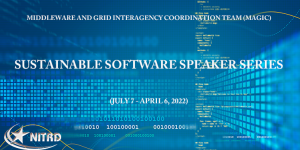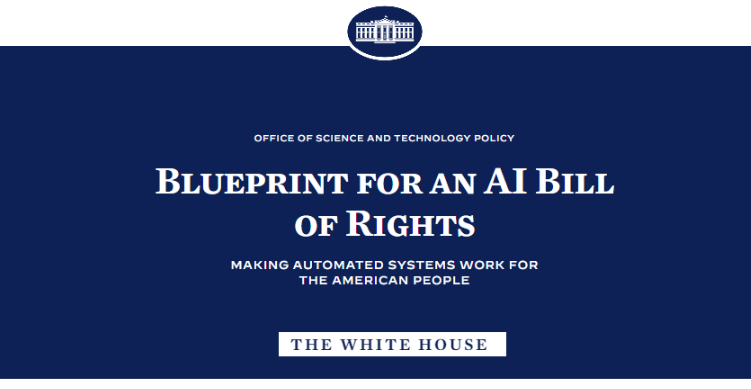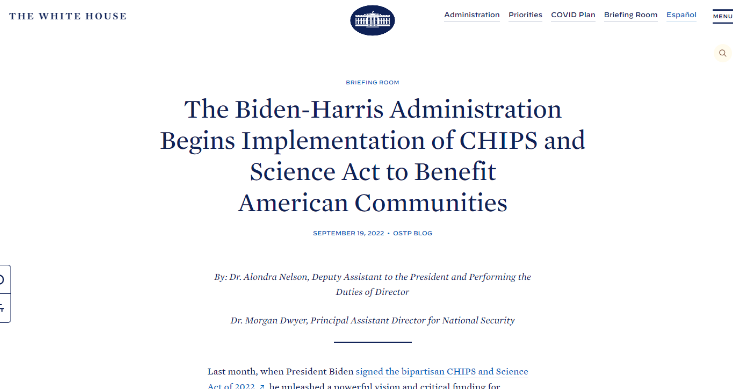ANNOUNCEMENT OF NEW NITRD NCO DIRECTOR – DR. CRAIG SCHLENOFF
The Networking and Information Technology Research and Development (NITRD) National Coordination Office (NCO) is pleased to announce the appointment of Dr. Craig Schlenoff as its new Director. Dr. Schlenoff served as Deputy Director for the NITRD Program since September 2023. Dr. Schlenoff joins the NITRD NCO from the National Institute of Standards and Technology (NIST), where he served as the Group Leader of the Cognition and Collaboration Systems Group and the Program Manager of the Measurement Science for Manufacturing Robotics Program in the Intelligent Systems Division. He also served as a co-chair for the NITRD Artificial Intelligence Research and Development Interagency Working Group.










